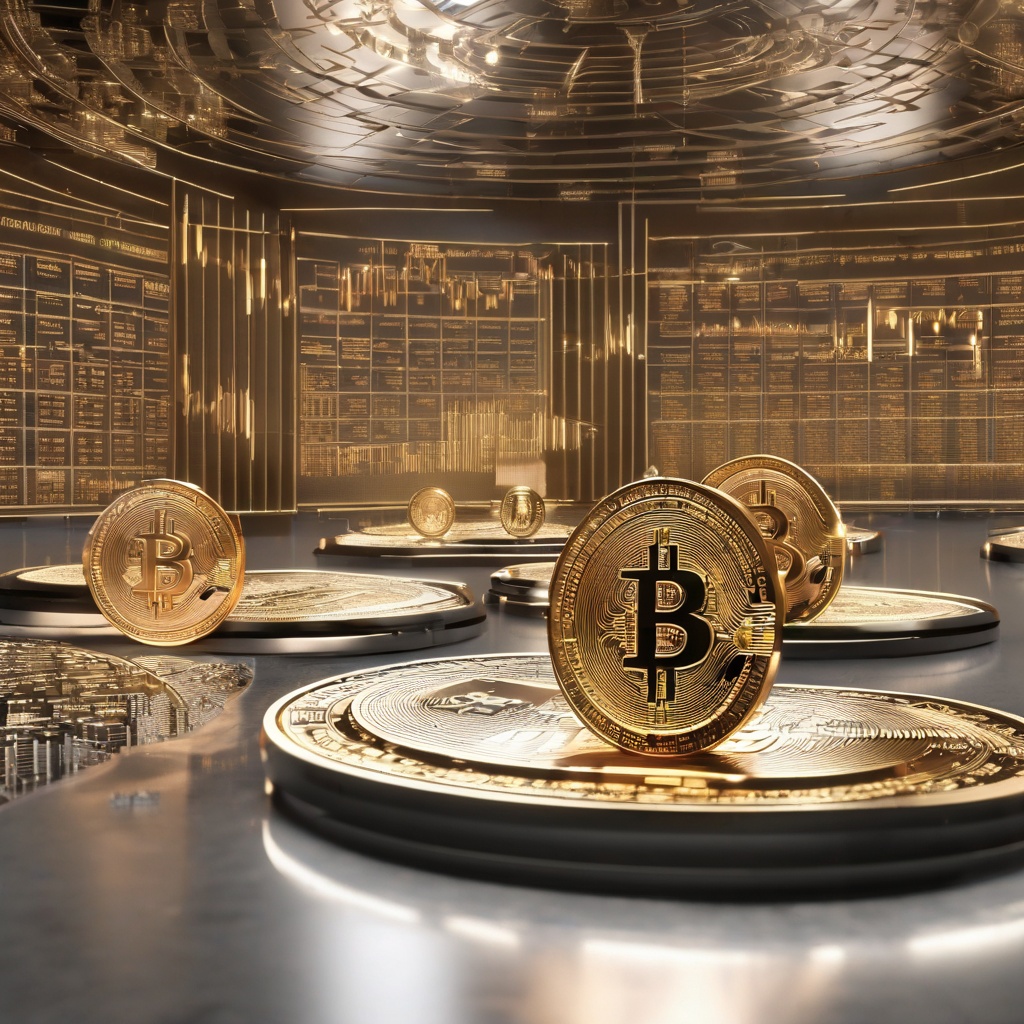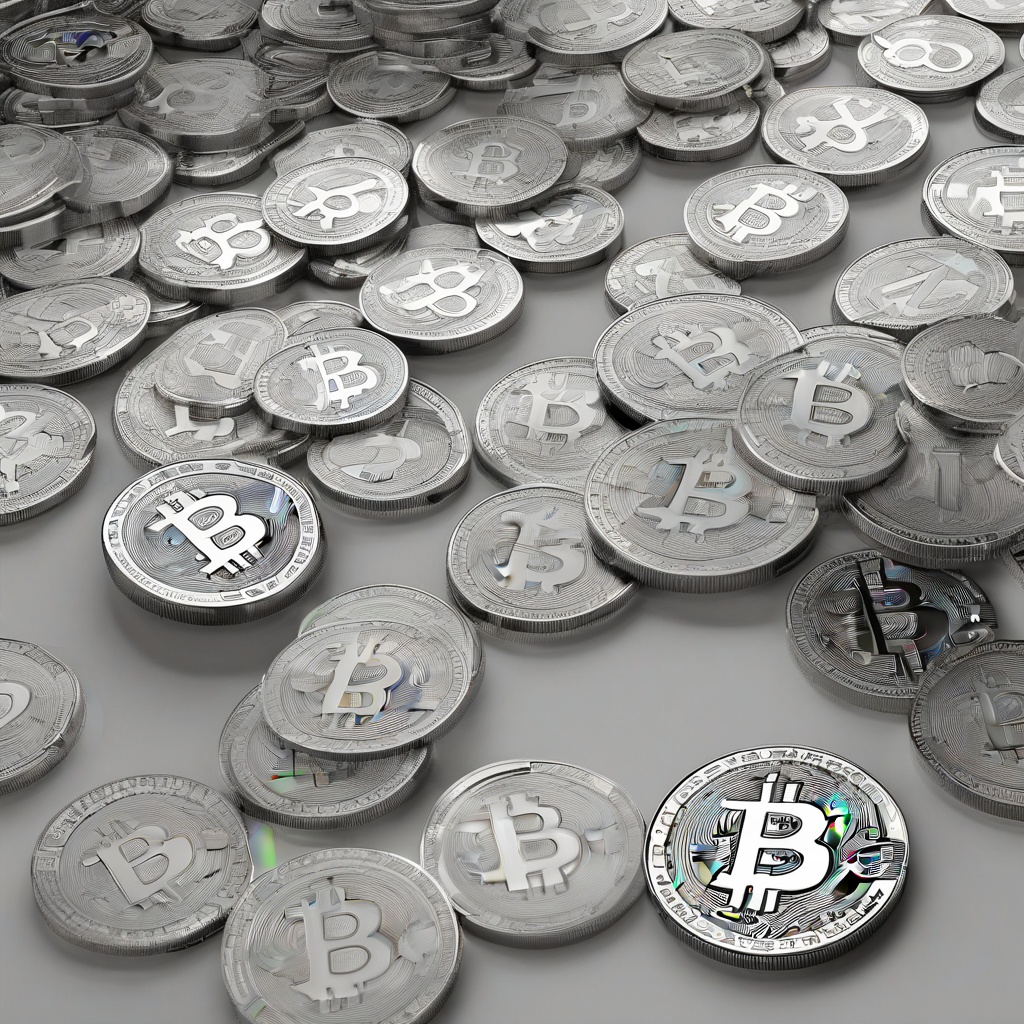What are crypto gas fees?
I don't understand this question. Could you please assist me in answering it?

What time of day are ETH gas fees lowest?
I'm curious to know, as a frequent user of Ethereum, when during the day are the gas fees for transactions on the ETH network typically at their lowest? I've noticed fluctuations throughout the day, and I'm wondering if there's a specific time window when the fees are more favorable for conducting transactions. Whether it's early morning, late evening, or during off-peak hours, I'd appreciate any insights you could share regarding this matter. Your expertise in the field of cryptocurrency and finance would be invaluable in helping me optimize my transactions on the Ethereum blockchain.

How do I avoid gas fees on ETH?
For those seeking to minimize or avoid gas fees on Ethereum (ETH), the question arises: how can this be achieved? Given the nature of Ethereum's decentralized network and the necessity of incentives for miners to process transactions, avoiding gas fees entirely may seem like a daunting task. However, there are a few strategies that could potentially help mitigate the impact of these fees. Firstly, timing transactions during off-peak hours, when network congestion is lower, could result in lower gas fees. Secondly, optimizing transaction sizes by consolidating multiple transactions into one can also reduce overall fees. Additionally, exploring alternative layer-2 solutions or decentralized exchanges that offer reduced gas costs may be worth considering. But the key is to understand that, while reducing gas fees is possible, completely avoiding them on Ethereum's mainnet is likely an unattainable goal.

Are there gas fees on PancakeSwap?
In the realm of decentralized finance and cryptocurrency trading, it's often crucial to understand the nuances of each platform and its associated costs. With PancakeSwap, a decentralized exchange that has gained significant popularity in the Binance Smart Chain ecosystem, one of the key questions traders often ponder is: "Are there gas fees on PancakeSwap?" This question arises due to the nature of decentralized exchanges, where transactions are typically powered by the underlying blockchain network. In the case of PancakeSwap, transactions are processed on the Binance Smart Chain, which utilizes a system of gas fees to compensate validators for their computational efforts. Therefore, to put it simply, yes, there are gas fees on PancakeSwap. These fees vary depending on network congestion and the complexity of the transaction, but they are an inevitable part of using decentralized exchanges like PancakeSwap. Understanding these fees and how they work is crucial for traders to make informed decisions and optimize their trading strategies.

Does Algorand have gas fees?
Could you please elaborate on whether Algorand incorporates any gas fees into its transaction processes? It's a crucial aspect that many cryptocurrency enthusiasts tend to inquire about, given the varying costs associated with different blockchain platforms. Do transactions on the Algorand network come with any additional expenses akin to gas fees, or does it offer a more cost-effective solution? Understanding this point is essential for investors and users alike to make informed decisions regarding their participation in the Algorand ecosystem.

